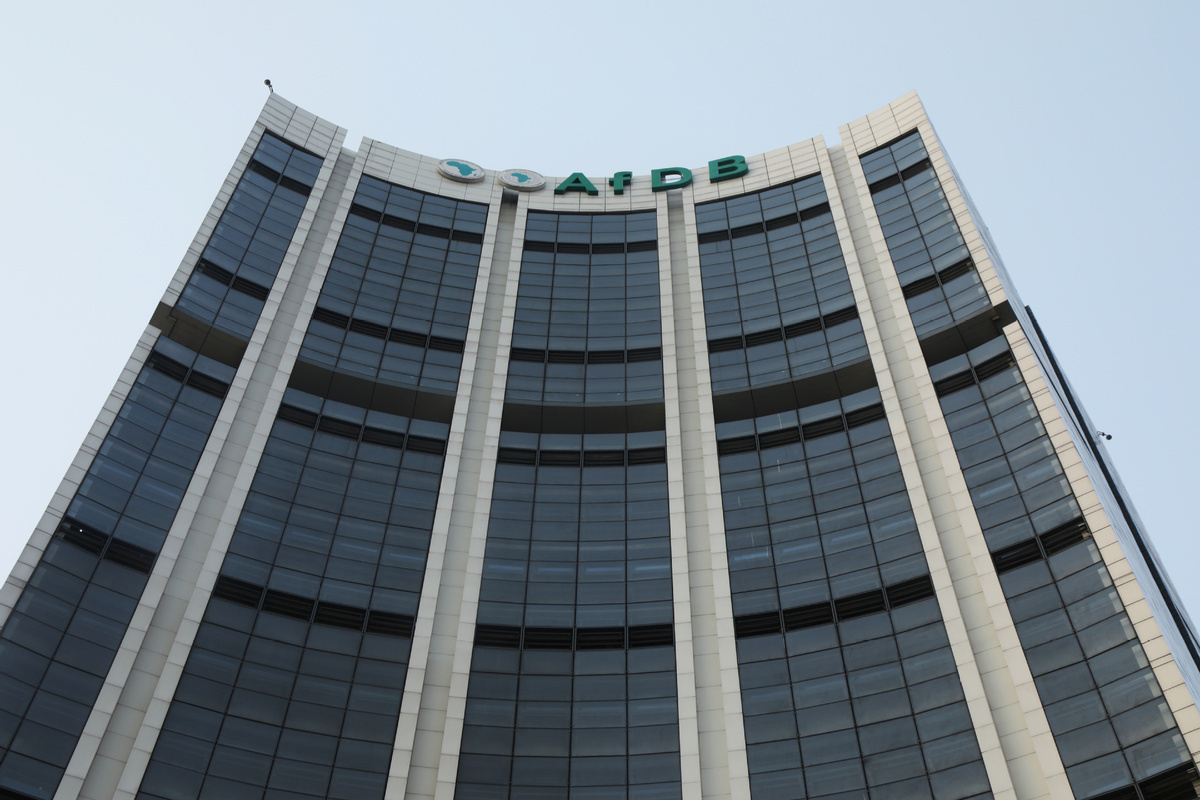General
Kenya loses $1.5 billion annually to corruption, says AfDB
Kenya is losing up to Sh194 billion annually due to corruption, illicit financial flows, and inefficient public spending, according to a new report by the African Development Bank . Kenya is losing up to Sh194 billion annually due to corruption, illicit financial flows, and inefficient public spe...
Business Insider Africa
published: Jul 03, 2025


Kenya is losing up to Sh194 billion annually due to corruption, illicit financial flows, and inefficient public spending, according to a new report by the African Development Bank (AfDB).
- Kenya is losing up to Sh194 billion annually due to corruption, illicit financial flows, and inefficient public spending, according to the African Development Bank report.
- Despite challenges, the AfDB projects Kenya's economy to grow by five percent in 2025, albeit with persistent inequality concerns.
- Public spending inefficiencies and tax waivers are causing significant financial drain, estimated at Sh650 billion per year.
The African Economic Outlook Kenya Country Focus Report, launched in Nairobi, sheds light on how mismanagement, tax exemptions, and weak oversight mechanisms are eroding Kenya’s revenue base and undermining its capacity to finance critical sectors of the economy.
Public spending inefficiencies and tax waivers take a toll
The report estimates that inefficiencies in public expenditure cost the country approximately Sh650 billion each year, roughly five per cent of its Gross Domestic Product (GDP). Meanwhile, losses from tax incentives and exemptions are pegged at Sh105 billion annually.
These persistent financial leakages are deepening Kenya’s debt crisis, with the government now allocating more funds to interest payments than to essential services such as education and healthcare.
DON'T MISS THIS: Africa loses $88.6 billion each year to illegal money transfers – Report
“Corruption and illicit financial flows cost the East African nation as much as $1.5 billion (Sh193.6 billion) annually, funds that could transform health, education, and infrastructure development,” the report states.
State capture and weak rule of law hindering progress
The AfDB highlights state capture, where political elites shape legislation and enforcement for personal or political gain, as a major obstacle to governance reforms. This undermines the legal environment, discourages both domestic and foreign investment, and creates a climate of uncertainty.
“Investors fear biased rulings, delays, and lack of transparency, increasing operational risks and deterring investment,” the report notes. “Ultimately, the rule of law, upheld by robust law enforcement and an independent judiciary, remains the foundation for sustained economic growth, social equity, and public trust in governance.”
While the AfDB estimates corruption-related losses at $1.5 billion annually, Kenya’s own Ethics and Anti-Corruption Commission (EACC) places the figure much higher—at Sh608 billion or 7.8 per cent of GDP.
Kenya’s performance on Transparency International’s Corruption Perceptions Index also remains weak. The 2024 index ranks the country 121st out of 180 countries, with a score of 32 out of 100, just one point higher than the previous year, and still below both the African (33) and global (43) averages.
A five-year review shows minimal improvement, and historical data since 1996 reveals a persistent struggle with corruption, with Kenya’s best ranking at 52 in 1996 and the worst at 154 in 2010.
AfDB projects growth but warns of inequality
Despite these challenges, the AfDB maintains a cautiously optimistic outlook, forecasting Kenya’s economy to grow by five per cent in 2025, buoyed by agriculture and services. However, growth is expected to slow slightly to 4.8 per cent in 2026.
DON'T MISS THIS: Bank of Ghana injects $20 million into oil sector to support cedi and fuel supply
“Rising poverty, high unemployment, and growing inequality indicate that Kenya’s economic growth has not been fully inclusive,” the report warns.
AfDB’s projections are more optimistic than those from the World Bank and the International Monetary Fund, both of which expect Kenya’s growth to slow to 4.8 per cent.
Global risks could hamper Africa’s momentum
For the African continent, AfDB anticipates GDP growth to rise from 3.3 per cent in 2024 to 3.9 per cent in 2025 and to four per cent in 2026. However, it warns that global trade tensions, especially those originating from the United States, could adversely affect African exports and disrupt supply chains.
Read More